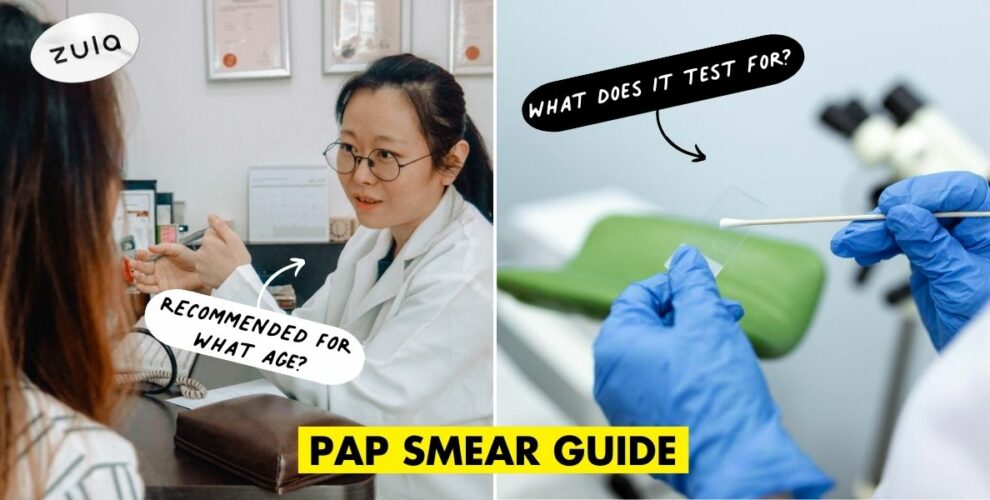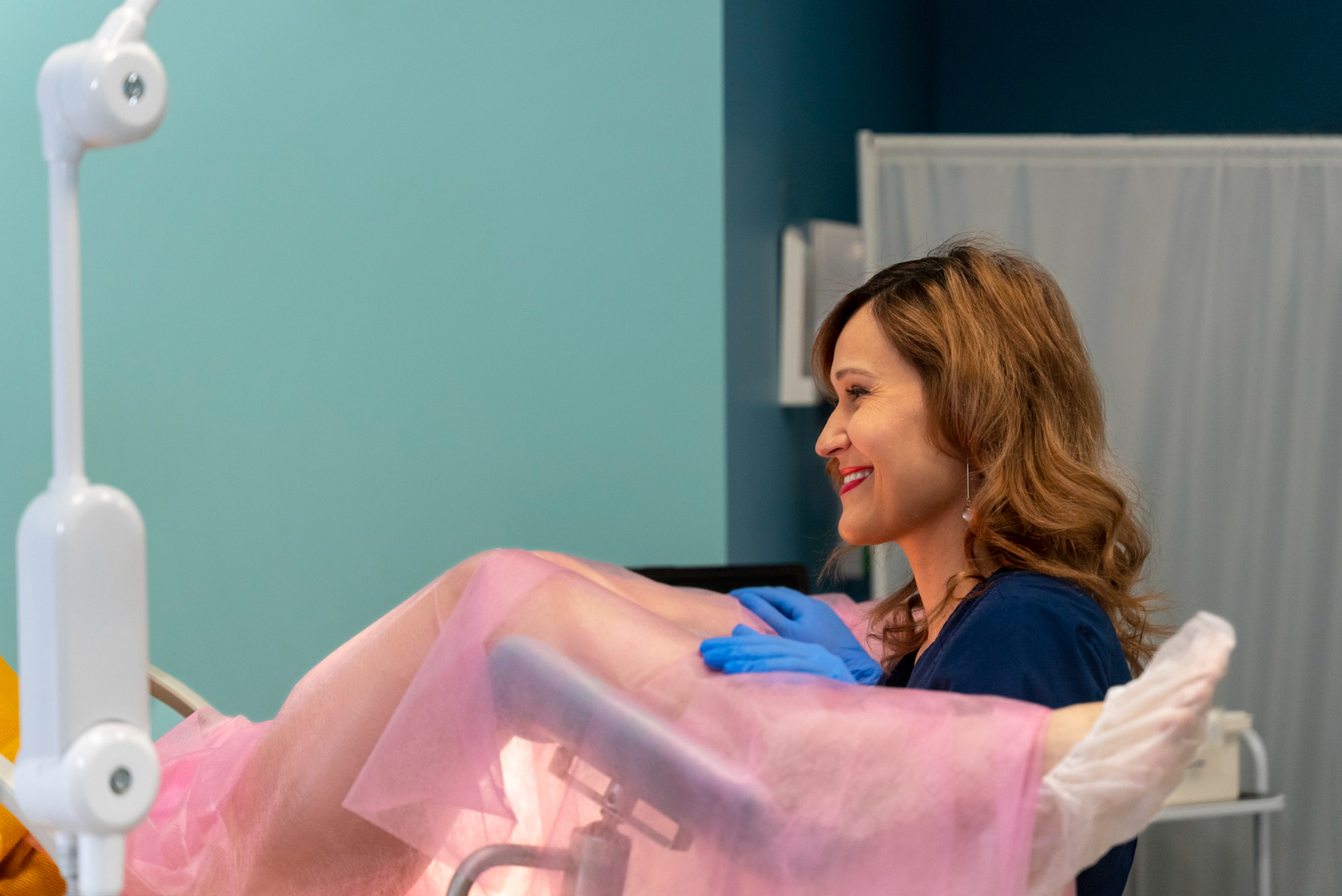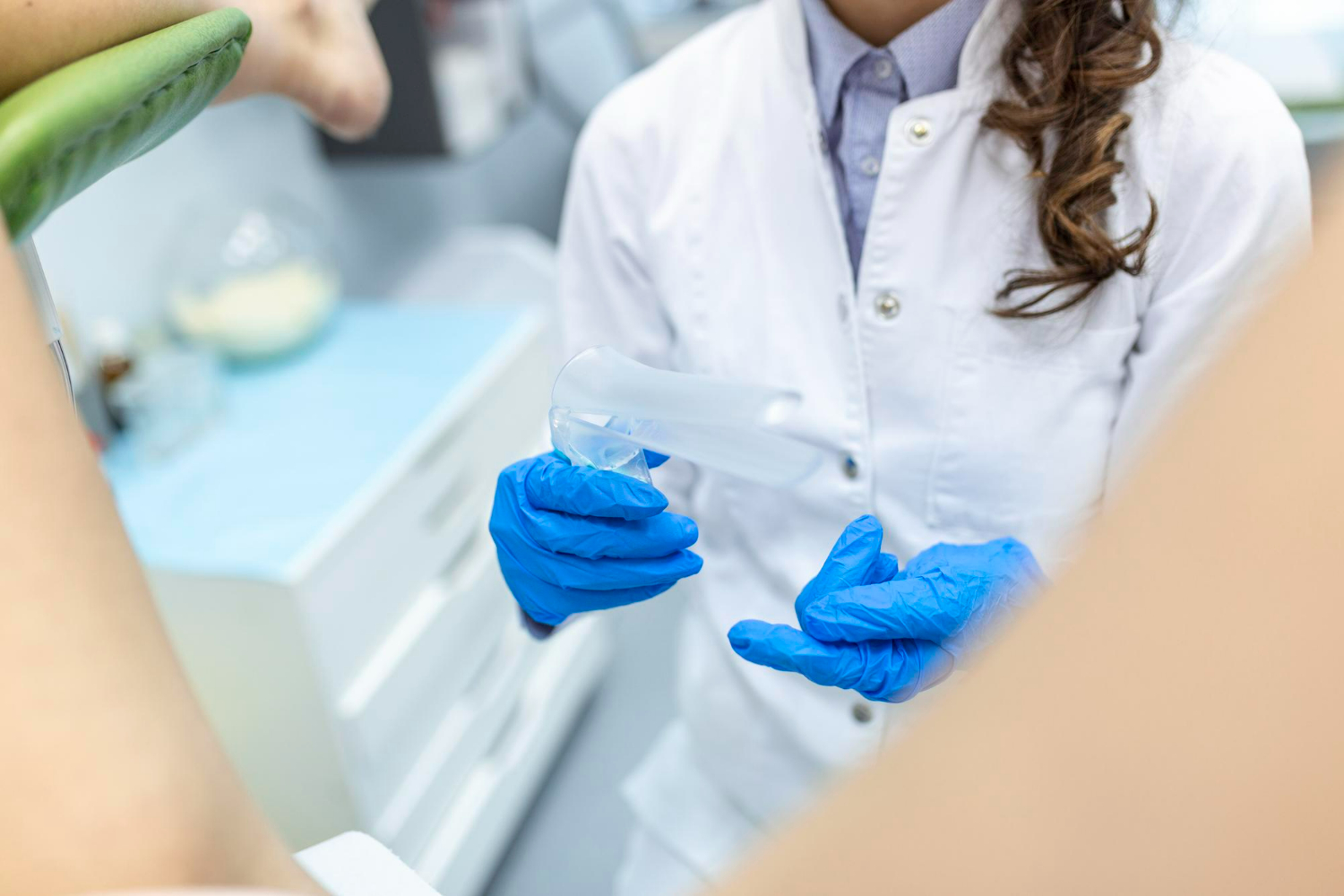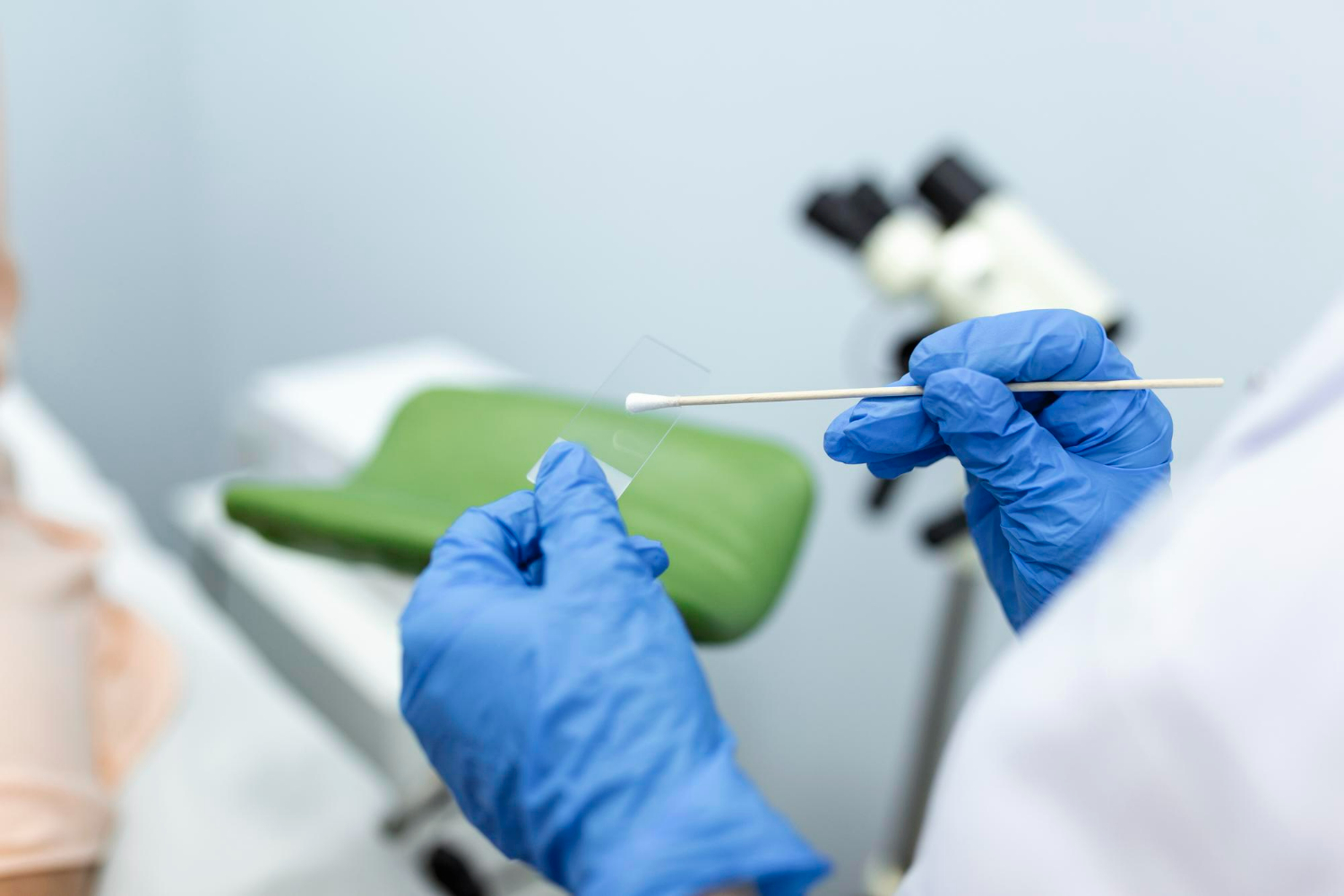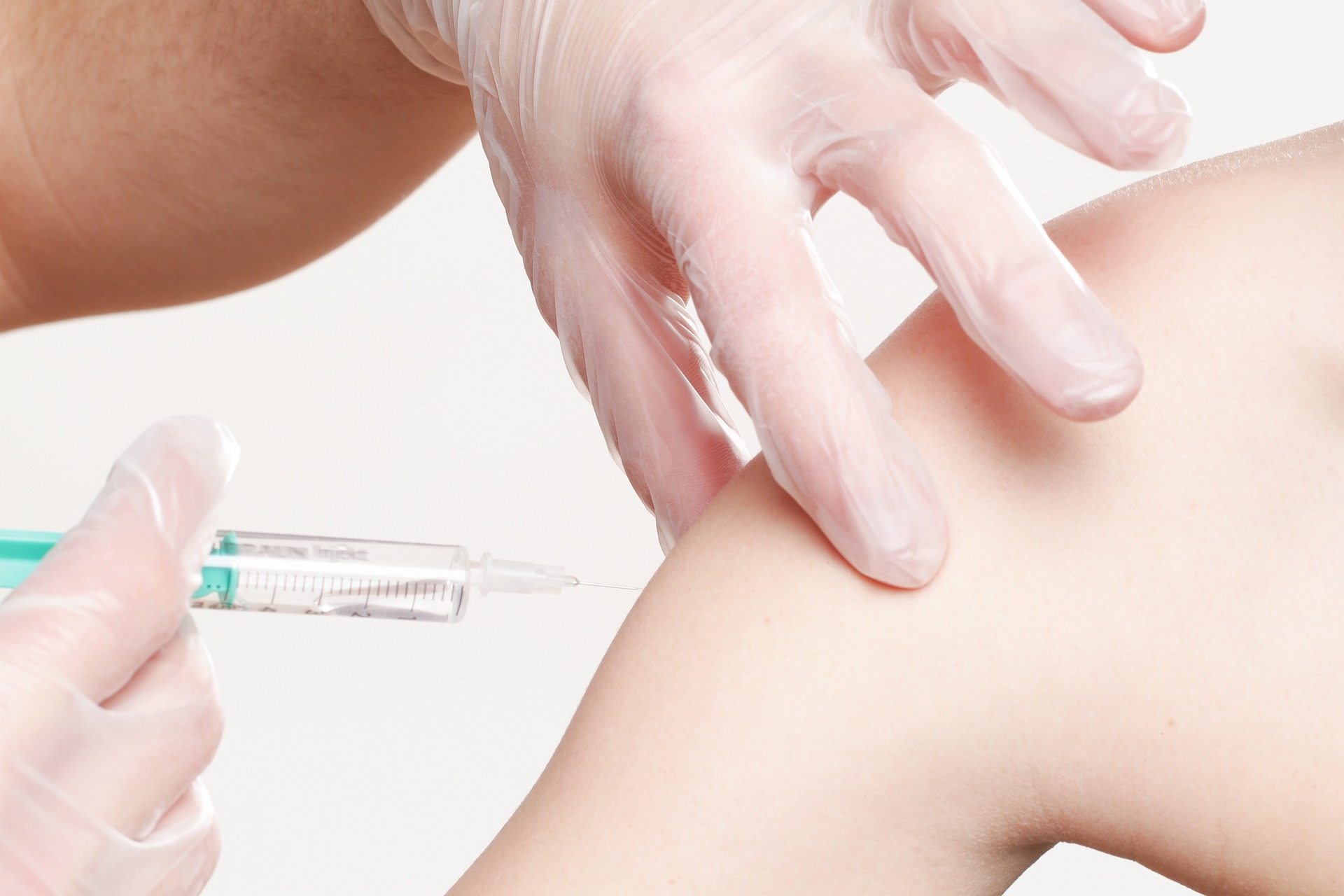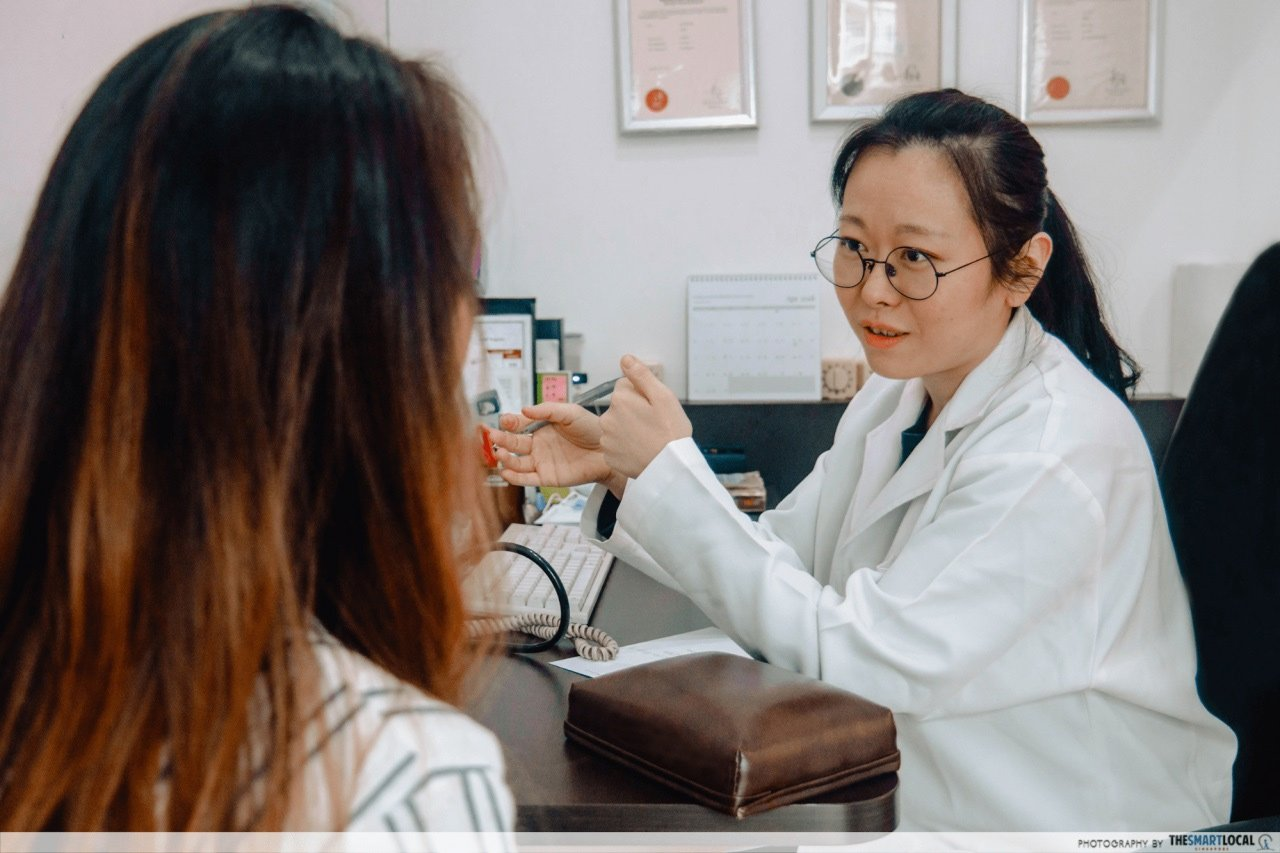Getting A Pap Smear
For a long time, I used to think that “superwoman” was simply a term to describe women with actual super strength. Now, I finally understood why people call us by that nickname ‒ we juggle multiple tasks in aspects like family, work, and relationships.
While these responsibilities are no doubt a challenge, they are no reason for us to let our health take a back seat. Regular health checkups are also important, such as the cervical cancer screening aka pap smear, that could save the lives of many women.
Interestingly, not many actually know how simple and fuss-free a pap smear is, and below is a guide that explains and debunks misconceptions about the examination so you don’t have to fear it anymore.
Contents
What is a pap smear?
There’s no way to sugarcoat this, but FYI, cervical cancer is the 4th leading cause of cancer deaths in women aged 15 to 44 years old in Singapore according to the HPV Centre. In an effort to raise awareness, women in Singapore have been encouraged to receive HPV vaccines, and undergo a pap smear regularly for early detection of abnormal cells.
For the unacquainted, a pap smear is a procedure where a small brush is gently used by a healthcare professional to brush the surface of a cervix and the area around it. Once done, the sample will be placed under a microscope to uncover any signs of abnormal cells, both cancerous and pre-cancerous.
Preparation for a pap smear
Unlike other health screenings which may require you to fast, rest assured you won’t have to for a pap smear.
You will only have to avoid having sexual intercourse, douching, swimming, soaking in a bathtub, and using vaginal creams, medications, tampons, and lubricants 48 hours prior to a pap smear appointment. This is important because you’d want to receive accurate results.
Pap smear procedure
It normally takes about 10 minutes to complete a pap smear, but the actual pap smear is much faster than you think.
During the procedure, you will first lay on your back with your knees drawn up and apart. A healthcare professional will then carefully insert a speculum into your vagina to open up the walls so that they can see the cervix.
After which, the healthcare professional will gently brush the outer opening of your cervix with a small disposable swab to collect cell samples. The cell sample will be placed in a container before it gets sent to a lab for diagnostic testing.
Chances are, a pap smear happens so quickly that it is done before you know it.
Misconceptions about pap smear
1. It is painful and uncomfortable
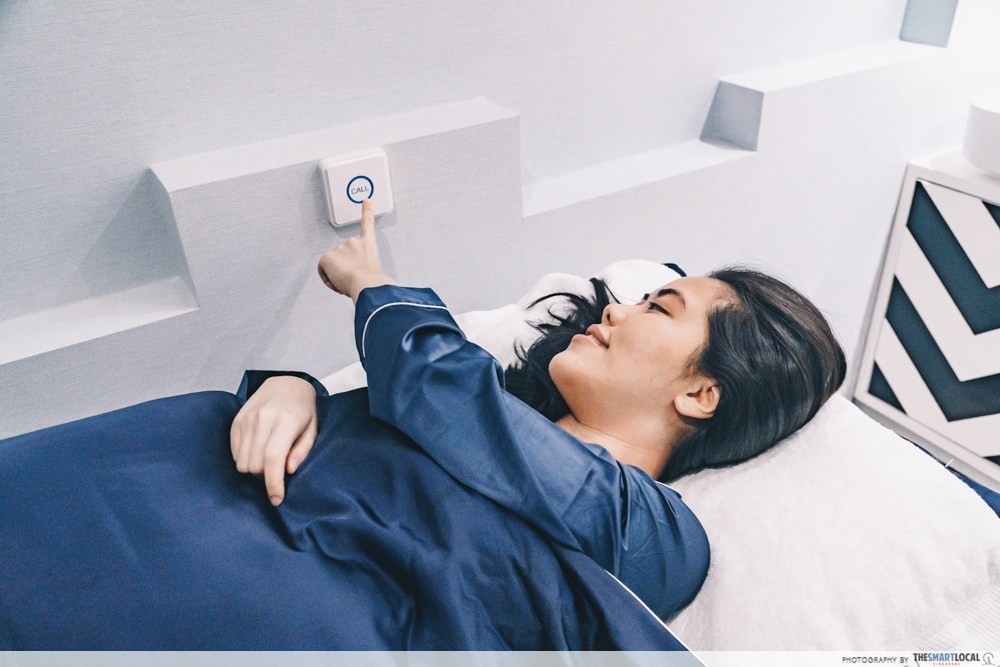 For illustrative purposes only
For illustrative purposes only
Although everyone has a different pain threshold, a pap smear should not hurt. Instead, most women might only find it slightly uncomfortable when the healthcare professional inserts the speculum to open up the vaginal walls.
Luckily, the procedure to collect the cervical cell samples only lasts for a few minutes, so rest assured that any discomfort will be temporary. If you experience pain during the procedure, you should inform the healthcare professional immediately.
Verdict: False
2. It tests for all gynaecological cancer
Gynaecological cancer refers to any type of cancer that forms in the female reproductive system like ovarian, vulvar, uterine, vaginal, and cervical cancer. A pap smear only tests for pre-cancerous and cancerous cervical cells in the cervix, and is unable to detect other types of cancer and viruses like HPV aka human papillomavirus.
In order to identify other types of gynaecological cancer, patients would have to undergo health examinations and screenings like ultrasound and blood tests.
Verdict: False
3. It is unnecessary for those who only have one sexual partner
 For illustrative purposes only
For illustrative purposes only
Even if you only have one sexual partner, females between ages 25 and 29 are recommended to go for a pap smear. Those above 30 years old are advised to go for a HPV test, which is carried out the same way as a pap smear.
The reason? HPV viruses can lie dormant for years in the cervix before they appear on a test result. This means regular testing is necessary since you’d want to identify any form of viruses and cancerous cervical cells as early as possible.
Verdict: False
4. An abnormal result means I have cervical cancer
Let’s admit it ‒ we tend to think of the worst when we receive bad news. But, rest assured that not all abnormal pap smear results mean cervical cancer.
There is always a possibility of a lab error or a mild inflammation, which results in the abnormality instead. Most of the time, you’ll be referred to another healthcare professional, who specialises in detecting pre-cancerous cells in the cervix through a colposcopy.
You can think of colposcopy as an extended version of a pap smear since the healthcare professional will use an instrument to examine your cervix in detail under high magnification. During that process, they will try to identify any abnormalities that may suggest the presence of pre-cancerous cells, and take a small biopsy of your cervix for further examination.
Verdict: Not necessarily true
5. It is not needed since I’ve already had the HPV vaccine
Fun fact: HPV is the leading cause of cervical cancer, but it isn’t the only factor that results in cervical cancer.
Other risk factors include multiple sexual partners, a weak immune system, and smoking habits, which also result in the development of cancerous cervical cells. This means even if a person never contracts any HPV virus, there is still a risk of being diagnosed with cervical cancer.
Verdict: False
How often should I do a pap smear?
Compared to dental and body checkups that you should do at least once every year, a pap smear is recommended at least every three years for those aged 25-29 who have engaged in sexual intercourse or are sexually active. Those above 30 years old are recommended to go for a HPV test once every five years instead.
In the case of abnormal results, your healthcare professional might require you to do the tests more frequently for a clearer diagnosis.
Places to get a pap smear in Singapore
While you can get a pap smear or HPV test done at most hospitals, polyclinics, and CHAS GP clinics in Singapore, you’d be required to pay for both the consultation and the test. Instead of paying out of pocket, you’d be glad to know that the Singapore Cancer Society Clinic @ Bishan offers both pap smears and HPV tests at no cost.
All you have to do is fill up an application form here to book an appointment, and a staff member will reach out to you to confirm the appointment date. Make sure to also wear a two-piece outfit for your appointment.
Go For A Pap Smear At No Cost For Early Cervical Cancer Detection
As the saying goes: “Better be safe than sorry”. Get complete assurance for yourself by undergoing a pap smear to detect any pre-cancerous and cancerous cervical cells.
Apart from pap smears, the Singapore Cancer Society Clinic @ Bishan also offers HPV tests at no cost, which is another cervical cancer screening test with the same physical procedure.
The difference to note is that HPV tests allow healthcare professionals to look out for the presence of HPV viruses 16 and 18 in the cervix, which can lead to the development of genital warts and cervical cancer.
Since both cervical screening tests do not cost a cent at the Singapore Cancer Society Clinic @ Bishan for Singaporeans and PRs that fall between ages 25 and 69, there’s no reason to delay your trip there.
Additionally, the Singapore Cancer Society is hosting a dialogue session on 20 May 2023 to discuss gynaecological cancers and preventive measures. Interested folks can sign up for the session via this link. More information can be found on the Singapore Cancer Society’s Facebook and website.
Sign Up For A Pap Smear At No Cost Here!
This post is brought to you by the Singapore Cancer Society.
Cover: TheSmartLocal, source
Also read:

